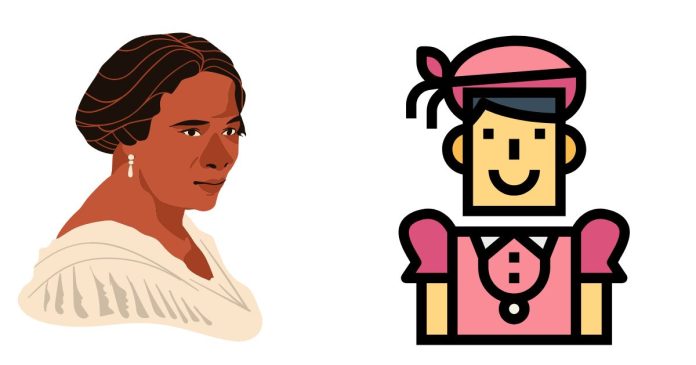Saying “Yes, ma’am” is a polite, respectful, and formal way of acknowledging or responding to a woman, often used in contexts where courtesy or deference is expected. The phrase is typically used to show respect, deference, or agreement when speaking to an older woman, a superior, or someone in authority.
Meaning & Usage:
- Polite Affirmation: When someone says “Yes, ma’am,” they are agreeing with or acknowledging a request, instruction, or question. It’s similar to saying “yes” but with an added level of respect.
- Example: If a teacher asks, “Can you hand me that paper?” a student might respond, “Yes, ma’am.”
- Respect for Authority: The term is often used in more formal or traditional settings, especially in cultures where politeness and hierarchy are emphasized. It’s a way to show respect for the person being addressed, especially if they are in a position of authority or are older.
- Example: In the military, in service industries, or in certain family dynamics, “Yes, ma’am” might be used to show respect toward a superior or elder.
- Southern Hospitality: In the United States, particularly in the Southern regions, saying “Yes, ma’am” is a sign of politeness and good manners, often used even in casual conversations, regardless of the person’s age or authority. It’s a part of Southern culture, where respectful address is a common practice.
- Example: A Southern child may respond with “Yes, ma’am” to their mother or a neighbor, reflecting both respect and politeness.
Nuances:
- While “Yes, ma’am” can be used to show respect, tone and context matter. If said sarcastically or dismissively, it can lose its respectful meaning and sound insincere.
- The term can also convey deference, acknowledging the person being addressed as someone worthy of respect or authority.
In summary, “Yes, ma’am” is a courteous way to show acknowledgment, agreement, or respect toward a woman, often used in formal, respectful, or culturally traditional contexts.


